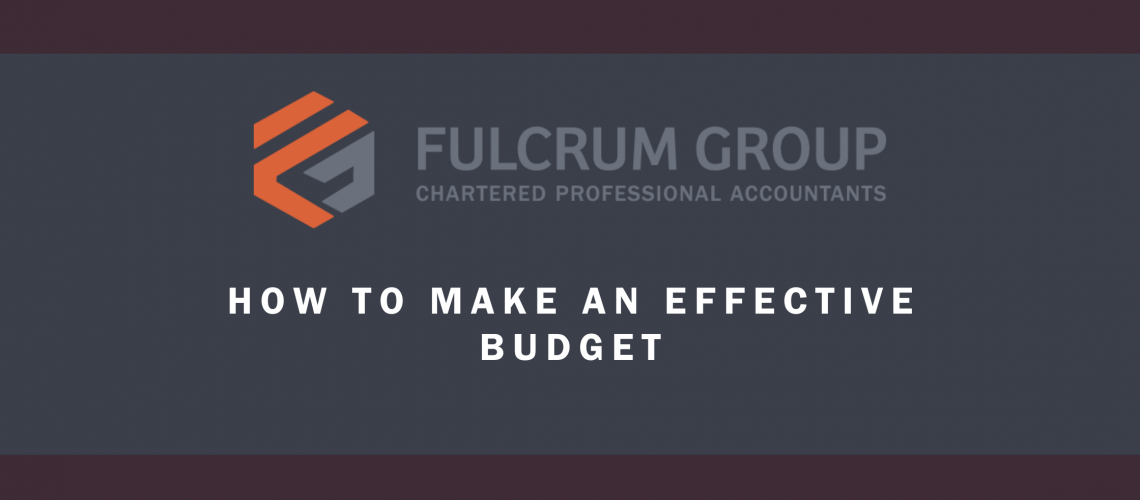If you feel like you don’t know where your money is going, don’t save regularly, have trouble paying off debt, or feel like you are not in control of your finances it might be helpful to make a budget. A budget can help you determine how much money you are making, spending, and saving which can help to guide your spending to achieve your financial goals.
The first step in making a budget is determining where you are currently spending your money. The best way to do this is to look at how you are spending in an average month by looking at all your statements (bank statements, credit card statements, and/or line of credit statements). It is useful to organize your purchases into essential and non-essential items. Essential items could include mortgage/rent payments, utilities, phone/internet bills, property taxes, insurance, groceries, fuel, and/or debt payments. Non-essential items would include entertainment, eating out, travel, gifts and other purchases, alcohol, or cosmetics.
This process will allow you to see clearly where you are spending your money and where you may be able to cut back. For example: if you are spending $5 a day on coffee that would add up to $1,825 per year. You could reduce that expense by making coffee at home in the morning to bring with you. The same principle could be applied to eating or drinking out. It may be possible to reduce essential expenses as well by combining your insurance payments for a lower rate or possibly speaking to a financial advisor about consolidating your debt at a lower interest rate.
Once you have a realistic idea of how much money is coming in and going out it is time to create a budget that includes the changes you would like to implement. Start with your income and then deduct from it your essential expenses after you have taken any steps necessary to reduce them, as mentioned above. From there, you can deduct additional payments you may wish to make, such as additional debt repayment or savings. Finally, allocate the remaining money you earn to non-essential expenses.
Each month, you should review your budget to determine if you were successful in sticking to it as planned and whether your budget goals were realistic or need adjusting.
The key to making a successful budget is to review it and update it regularly based on your circumstances. It is important to update your budget with any changes such as an increase in pay or an increase in any bills you incur.
If you would like assistance in setting up an effective budget or have any questions related to budgeting, contact our office.



